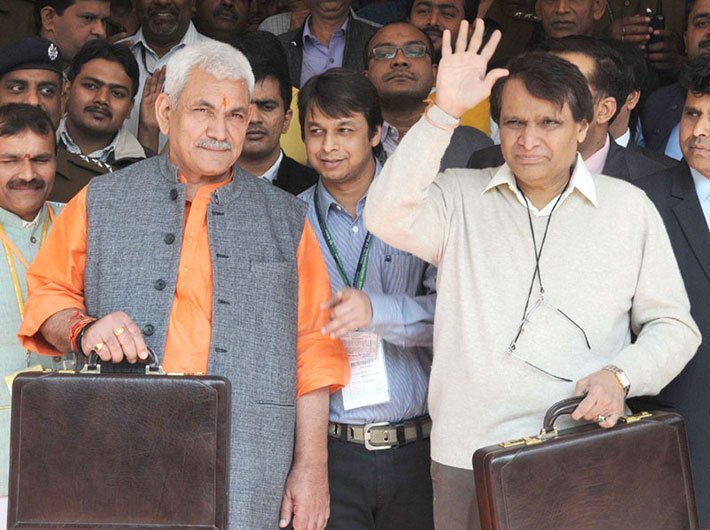Doing away with yet another long-standing tradition, the cabinet has decided to do away with the railway budget – a tradition started in colonial times. Also, the merged budget will be presented earlier than the traditional February-end time line. The third major aspect of the “budget reforms” cleared on Wednesday is to merge the plan and non-plan expenditures in the union budget.
Railway budget no more
The government has clarified that the railways will continue to maintain its distinct entity – as a departmentally run commercial undertaking as at present. The railways will retain its functional autonomy and delegation of financial powers, an official statement said. The existing financial arrangements will continue wherein railways will meet all its revenue expenditure, including ordinary working expenses, pay and allowances and pensions etc. from its revenue receipts.
The capital at charge of the railways, estimated at Rs.2.27 lakh crore on which annual dividend is paid by it, will be wiped off. Consequently, there will be no dividend liability for the railways from next year and the ministry will get gross budgetary support. This means the railways will no longer have to pay about Rs.9,700 crore annual dividend to the government.
The presentation of a separate railway budget started in 1924, and has continued after independence as a convention, though there is no constitutional provision for it.
The government’s rationale for merger is based on the following points:
- The presentation of a unified budget will bring the affairs of the railways to centre-stage and present a holistic picture of the financial position of the government.
- The merger is also expected to reduce the procedural requirements and instead bring into focus, the aspects of delivery and good governance.
- Consequent to the merger, the appropriations for Railways will form part of the main Appropriation Bill.
Budget date advanced
The cabinet has also approved, in principle, for advancement of the date of budget presentation from the last day of February to a “suitable date”. The exact date for the next year would be decided keeping in view the date of assembly elections in Punjab, Uttarakhand, Uttar Pradesh Manipur and Goa.
This, according to the government, would help in following ways:
- The advancement of budget presentation by a month and completion of budget-related legislative business before March 31 would pave the way for early completion of the budget cycle and enable ministries and departments to ensure better planning and execution of schemes from the beginning of the financial year and utilisation of the full working seasons including the first quarter.
- This will also preclude the need for seeking appropriation through ‘Vote on Account’ and enable implementation of the legislative changes in tax; laws for new taxation measures from the beginning of the financial year.
Plan and non-plan classification goes
Though there will be no plan and non-plan classification in budget and accounts from 2017-18, earmarking of funds for SC sub-plan, tribal sub-plan and the allocations for the northeastern states will continue. This is expected to help in resolving the following issues:
- The plan/non-plan bifurcation of expenditure has led to a fragmented view of resource allocation to various schemes, making it difficult not only to ascertain cost of delivering a service but also to link outlays to outcomes.
- The bias in favour of plan expenditure by the centre as well as the states has led to a neglect of essential expenditures on maintenance of assets and other establishment related expenditures for providing essential social services.
- The merger of plan and non-plan in the budget is expected to provide appropriate budgetary framework having focus on the revenue, and capital expenditure.


